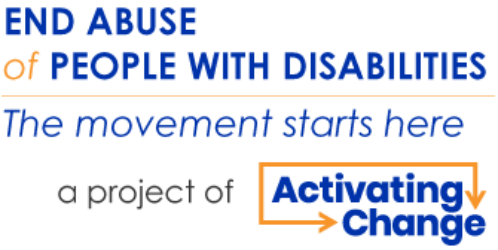How Safe are Americans with Disabilities?
While people with disabilities make up nearly one-fifth of the U.S. population, they remain largely invisible to society at large, and victim response systems in particular. And despite growing public awareness of violent victimization, it excludes the victimization of people with disabilities, who are at particular risk of serious violent crime, including rape, sexual assault, robbery, and aggravated assault. As victims, people with disabilities face formidable barriers to getting related support.
This brief provides basic information on disability in the United States. It explores what is known about violent victimization of people with disabilities and the factors that contribute to their higher risk of experiencing violent crime. It also explains the obstacles people with disabilities encounter when seeking access to the services and supports they need to heal. Finally, it stresses the limits of existing victim-service, human-service, and criminal justice systems, policies, and practices in responding to violence against people with disabilities.
